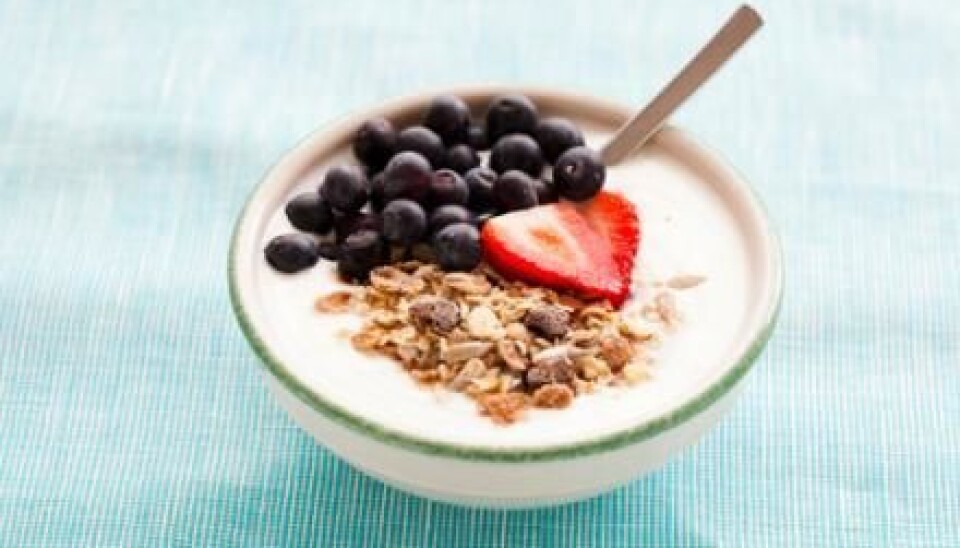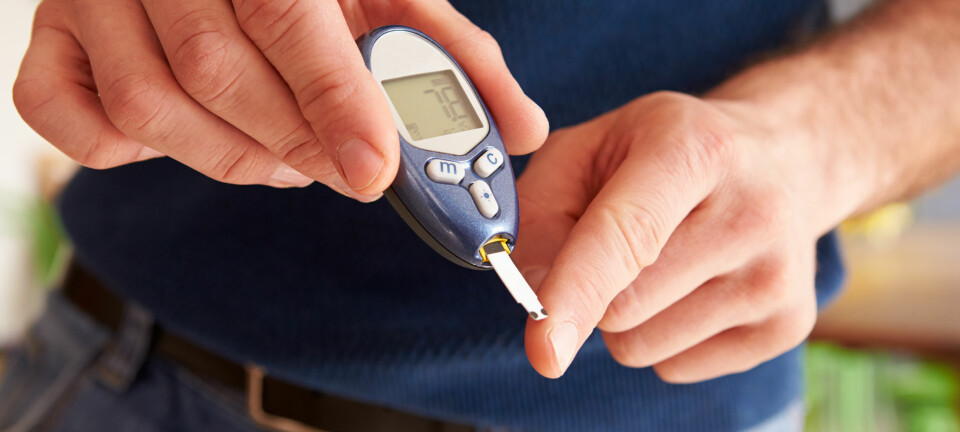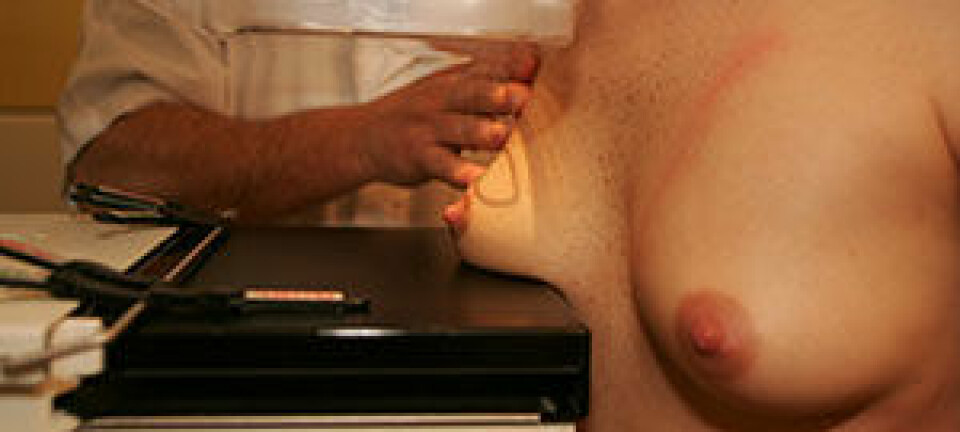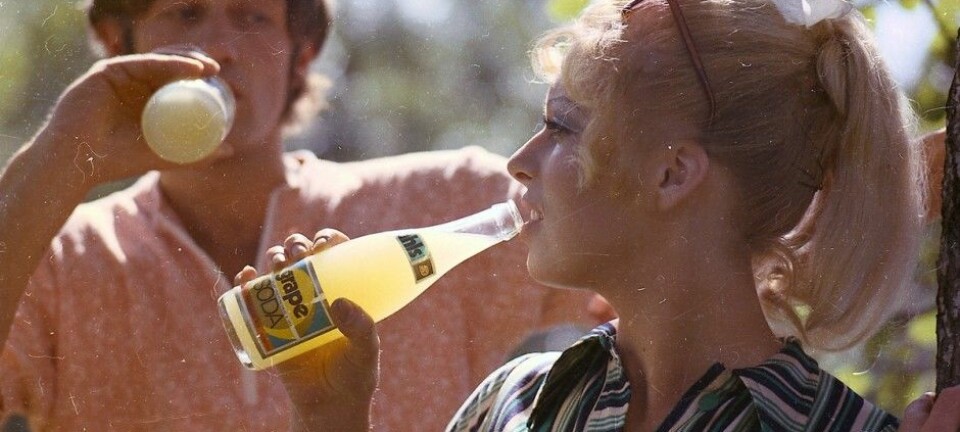
Scientists develop a sweet yoghurt with no added sugar
A new method in yoghurt production makes sweet yoghurt without the need for additional sugar or sweeteners, shows new research.
What if you could enjoy sweetened yoghurt without the addition of masses of sugar?
This is the challenge facing researchers from the bioscience company, CHR HANSEN, who expect such a product to hit the supermarket shelves in the future.
"There is in general, a popular demand for less added sugar in food. So [we asked], can we reduce added sugar by twenty percent and still have the same level of sweetness?" says Eric Johansen, the Associate Vice President for Science at CHR HANSEN and one of the scientists behind the new project.
The results are published in the scientific journal Applied and Environmental Microbiology.
Bacteria provide the sweetness
Yoghurt already contains natural sugars in the form of lactose, which is comprised of the sugars glucose and galactose.
When making yoghurt, glucose is broken down by lactic acid bacteria, leaving galactose and some lactose behind in the final product. Manufacturers then sweeten it with extra sugar.
But the scientists behind the new research have discovered that they can reduce the final sugar content if they add a different type of lactic acid bacterium that attacks and degrades galactose instead of glucose.
Glucose is almost twice as sweet as galactose and four times sweeter than lactose. Preserving it makes the yoghurt sweeter without the need to add additional sugar or sweeteners.
"So basically we have changed a non-sweet sugar with a sweet sugar,” says Johansen.
“The total amount of sugars is more or less the same, but glucose is a lot sweeter. This means that you can make yoghurt with no added sugar," he says.
Scientist: 'It's brilliant'
Jens Kirk Andersen, senior adviser at the National Food Institute at the Technical University of Denmark (DTU),is excited by the results.
“It is a really nice example of how to use these microorganisms," says Andersen, who was not involved in the new research.
"I think it's brilliant to find a bacterium that can breakdown galactose instead of glucose, so you get the same product but with a naturally better flavour. It doesn’t cost anything extra--you just use some other bacteria,” he says.
The finished product tastes just as sweet but with far fewer calories, he says.
But it could be some time yet before the new yoghurt hits the supermarket shelves, says Andersen, who expects that the method will need to be refined somewhat before production.
-------------
Read the Danish version of this article on Videnskab.dk
Translated by: Catherine Jex











